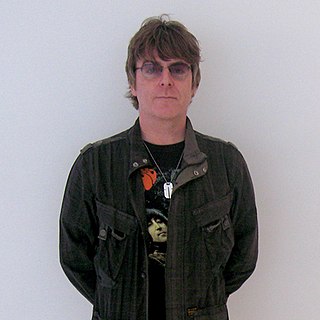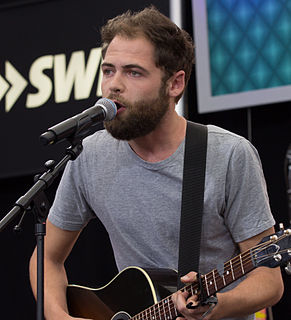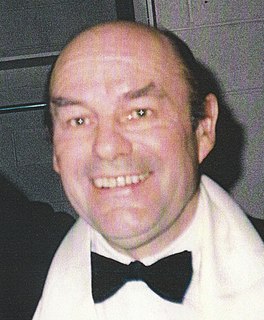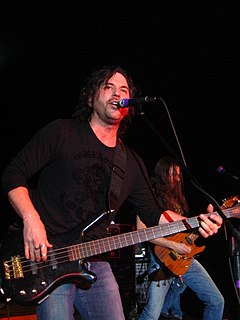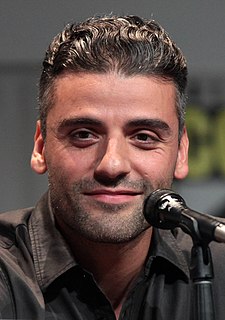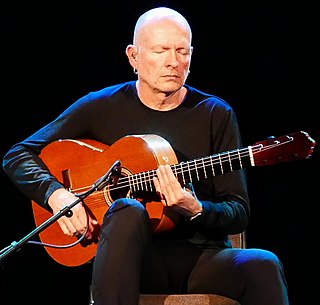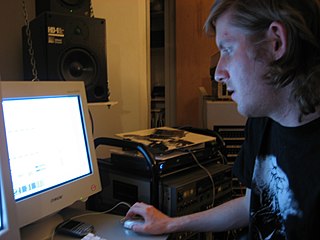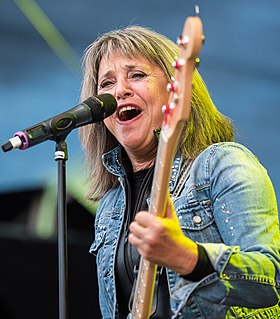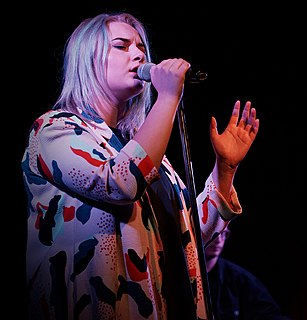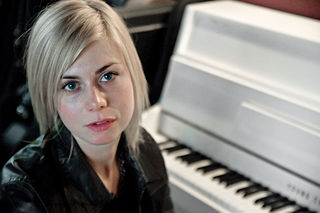A Quote by Andy Rourke
I had learned classical guitar when I was a kid, and I embraced it, and apparently I got good at it.
Quote Topics
Related Quotes
When I was nine years old, I started playing guitar, and I took classical guitar lessons and studied music theory. And played jazz for a while. And then when I was around fourteen years old, I discovered punk rock. And so I then tried to unlearn everything I had learned in classical music and jazz so I could play in punk rock bands.
... Andres Segovia literally created the genre of classical guitar, which hadn't existed before around 1910. There was flamenco, which he borrowed from, but he actually arranged the works of Mozart and other classical composers for guitar, something that had never been done before ... Segovias' style is not slick or contrived, but it's still very clean and his timing is impeccable ... it's got a feeling of casual elegance, as if he's sitting around the house in Spain with a jug of wine, just playing from the heart.
There was a show in Germany called Beat Club, and they had a lot of bands playing live. And I had this master plan, at 11 years old, I wanted to play electric guitar, but I knew... We lived in a small apartment, there was no way that was going to happen. I told my parents I wanted a classical guitar and I wanted to start studying classical guitar. So then a few years later, I think around 16 or so, I started playing electric. But that was my, my plan as an 11 year old. I thought I was so crafty.
